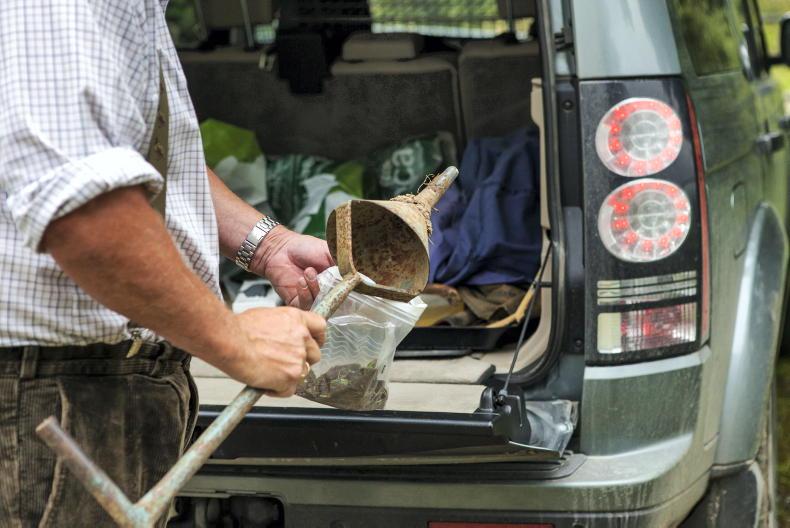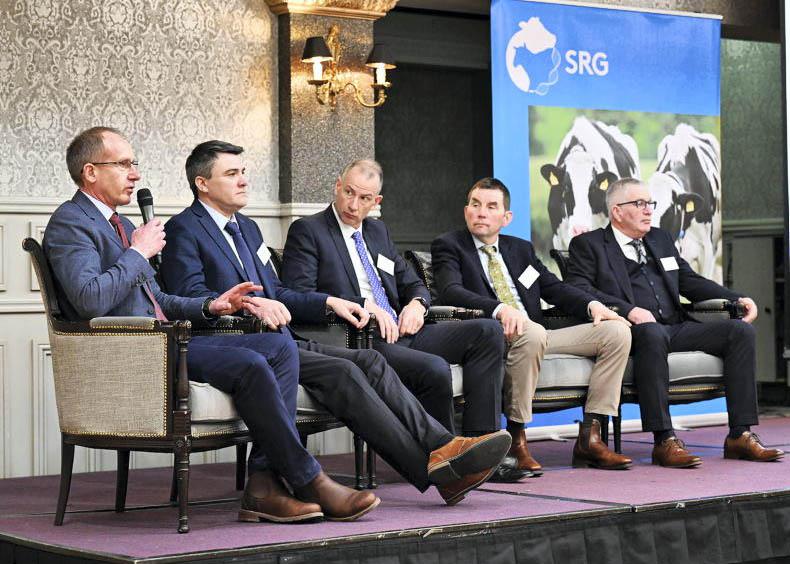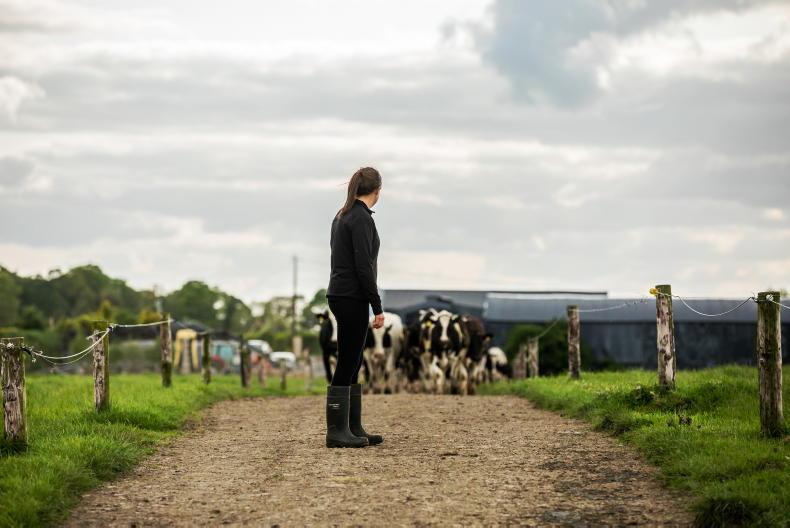Farm income in NI is expected to drop by 23%, or £7,840, on average in the 2018/2019 financial year, results from DAERA’s annual farm business survey indicate.
Average farm income in NI is expected to be £26,030 in 2018/2019.
The main factor behind the expected drop in incomes on livestock farms is higher feed costs, with DAERA figures from 2018 indicating that these equate to 55% of total farm inputs in NI, and rose by 13% during the calendar year. In the dairy sector, incomes are forecast to drop by 24% in 2018/19 to £51,679 on average.
Overall in 2018, the headline figure of “total income from farming” across NI stood at £360m, which is down by 23% from £467m in 2017
Lowland cattle and sheep farms are expected to see a 20% drop to £13,377 and a 18% reduction to £14,523 is forecast for upland cattle and sheep farms in 2018/19.
Lower pig prices and higher feed costs mean the pig sector is expected to see the sharpest decline, with incomes expected to drop by 51% year on year to £42,525.
Cereal farms are the only sector expected to see a rise in income this year with a 35% increase forecast, taking the average per farm to £36,351.
Overall in 2018, the headline figure of “total income from farming” across NI stood at £360m, which is down by 23% from £467m in 2017.
Income from the Basic Payment, Greening and Young Farmers’ schemes equated to £286m in NI last year, which is down marginally by 0.6% from 2017 levels due to payments being converted at a slightly lower exchange rate of €1=£0.89.
The figures show that NI farming remains heavily dependent on direct payments with subsidies making up 79% of farm income in 2018, up from 61% the year before.









SHARING OPTIONS